
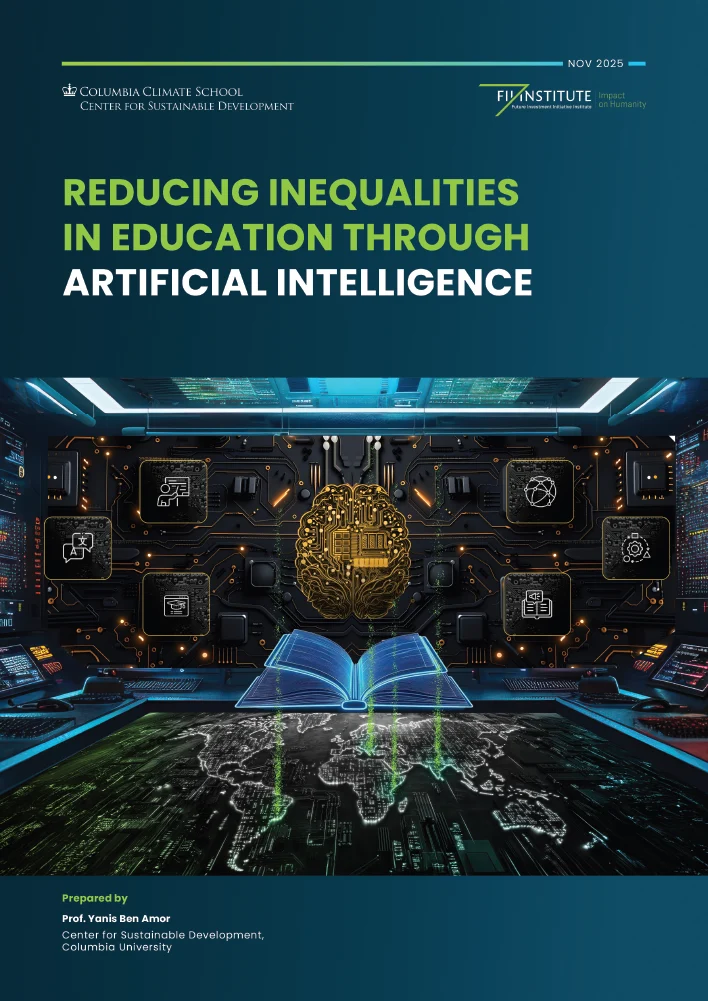
The report provides a comprehensive analysis of the integration of Artificial Intelligence (AI) in education across India, Greece, Brazil, and Kenya, highlighting the potential of AI to address educational inequalities and enhance learning outcomes.
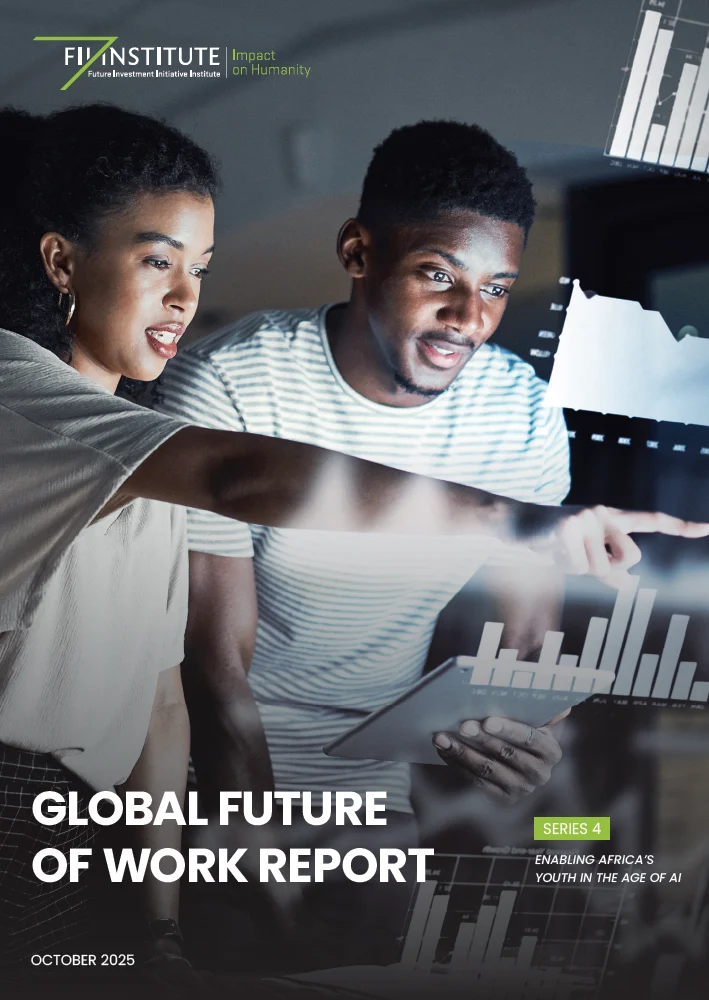
Africa is not just the next frontier, it’s the now. With the world’s youngest and fastest-growing labor force, sub-Saharan Africa stands at a historic turning point. This groundbreaking report analyzes 42 economies to reveal how automation, AI, and education will redefine work and opportunity across the continent. Discover where growth will surge, which nations are ready to leapfrog, and how to unlock the power of 800 million working-age Africans by 2050.
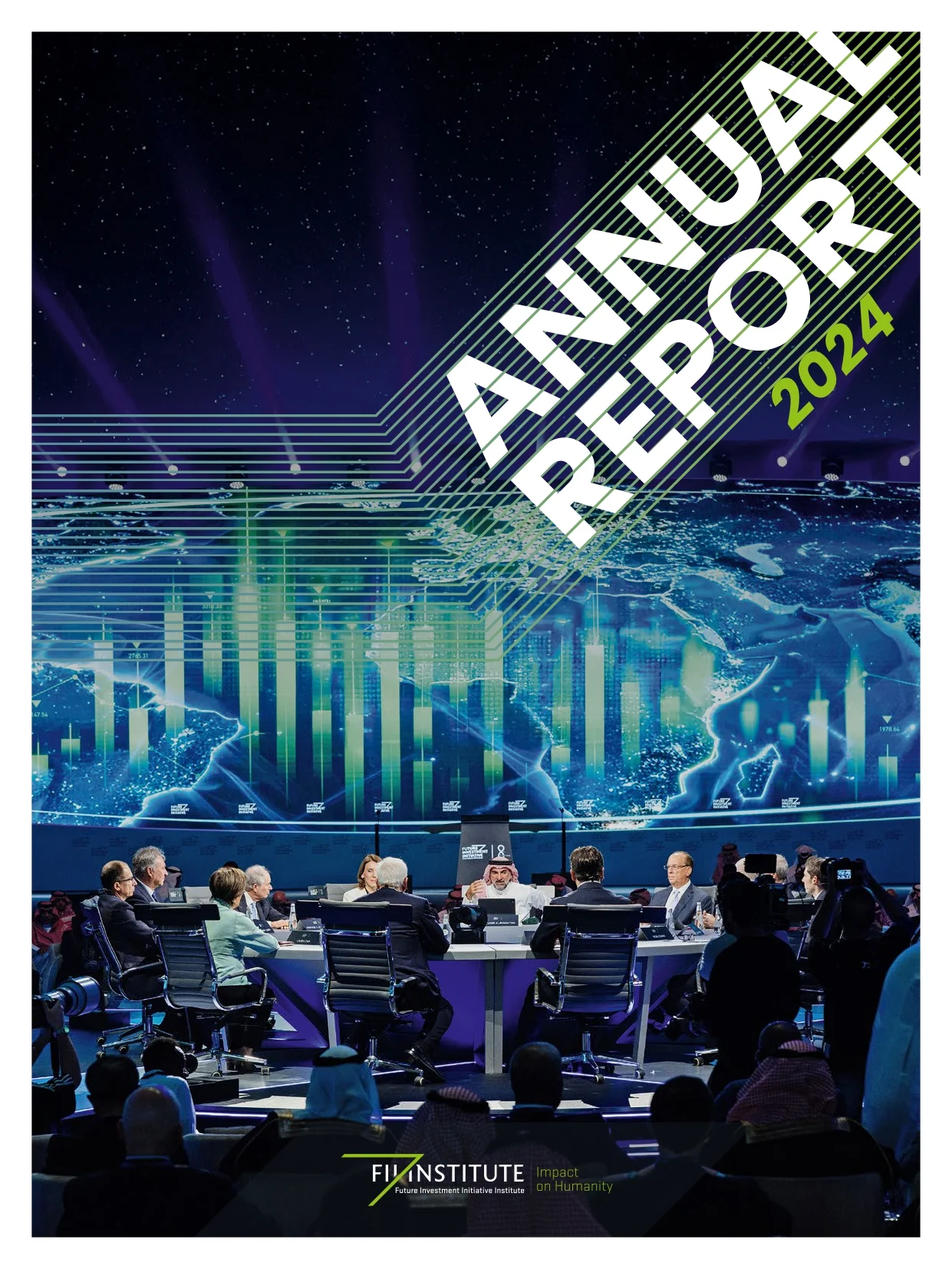
The FII Institute's Annual Report 2024 highlights its unwavering commitment to creating a sustainable future through impactful initiatives.
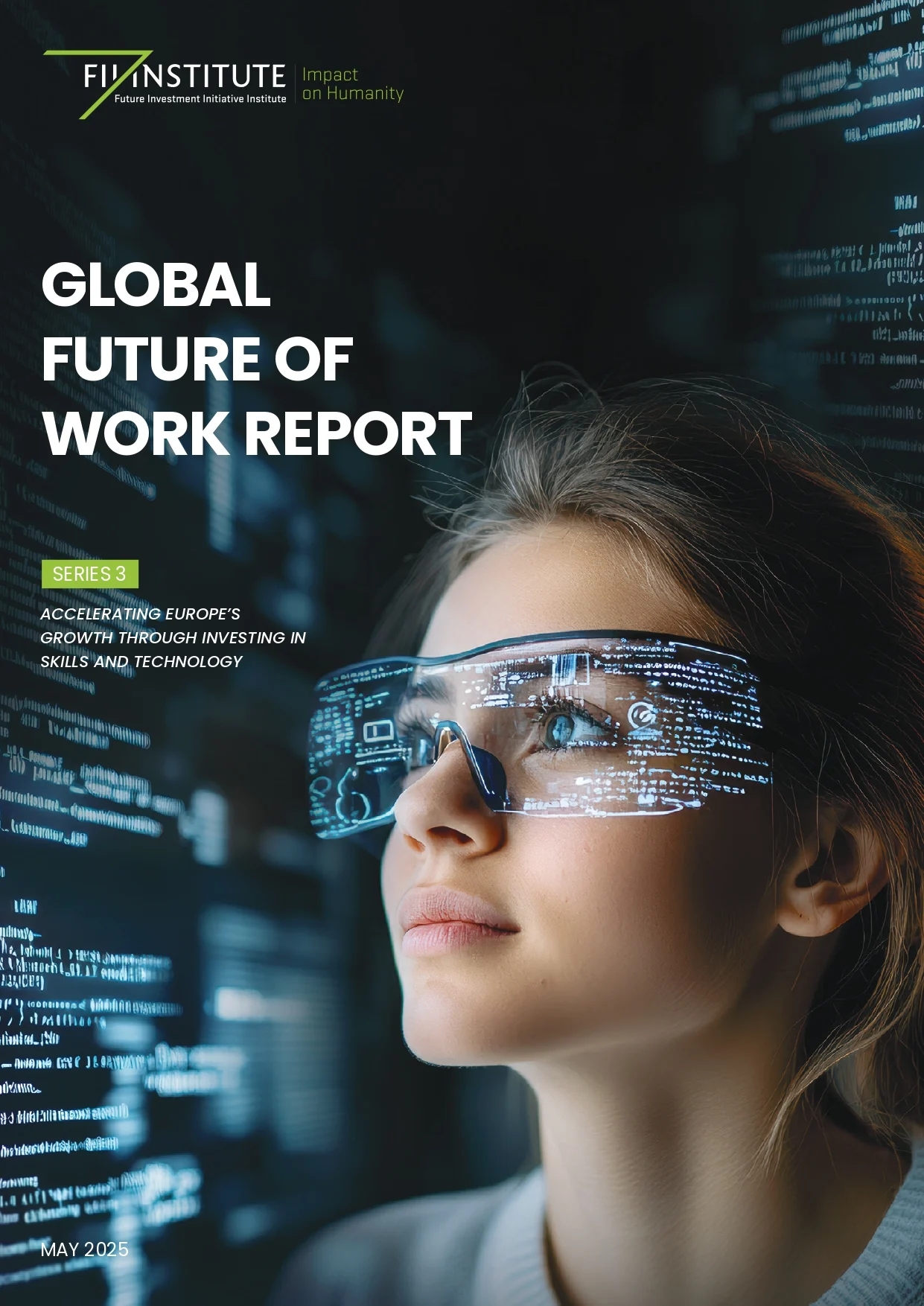
The FII Institute proudly announces the launch of the third edition of the Global Future of Work Report in the special edition of the FII PRIORITY Europe Summit. This third edition delves into the labor markets of Europe, encompassing the 27 EU member states and Norway, while exploring the influence of advanced technologies on the future of work. The report highlights key challenges in technology adoption, emerging skills demands, and the need for adaptable education systems, providing actionable insights to foster growth and develop future-ready labor markets.
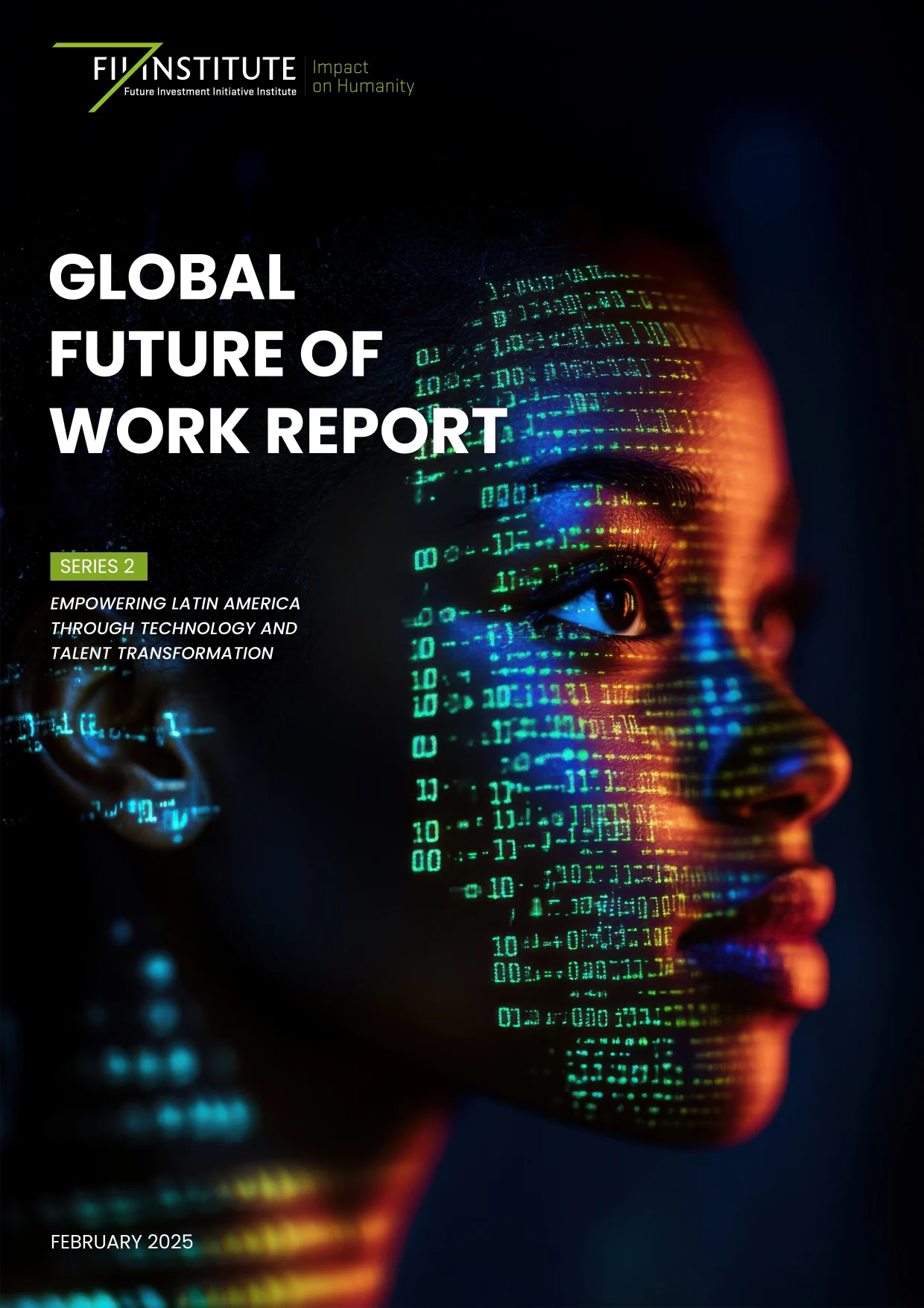
The Global Future of Work Report | Series 2 provides an in-depth analysis of 19 Latin American and Caribbean countries, alongside the United States and Canada. Drawing from primary research across six Latin American nations, the U.S., and Canada, the report highlights Latin America’s declining economic momentum and widening productivity and human capital gaps compared to its northern neighbors.

The oped piece sheds light on the urgent need for investment in quantum technology and workforce development, as well as the importance of collaboration between academia, government, and industry to harness quantum computing's capabilities effectively.
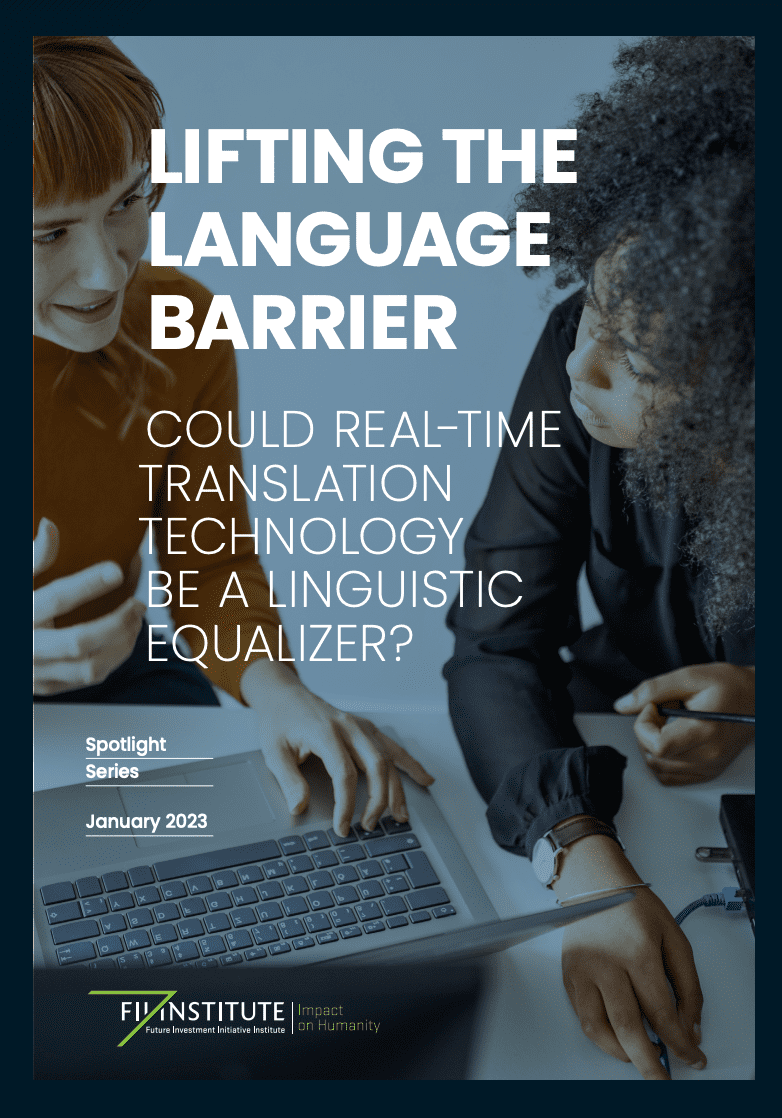
The FII Institute explores how technology can bridge linguistic barriers & create a more interconnected world through machine translation. Join us in shaping a more inclusive & compassionate global community
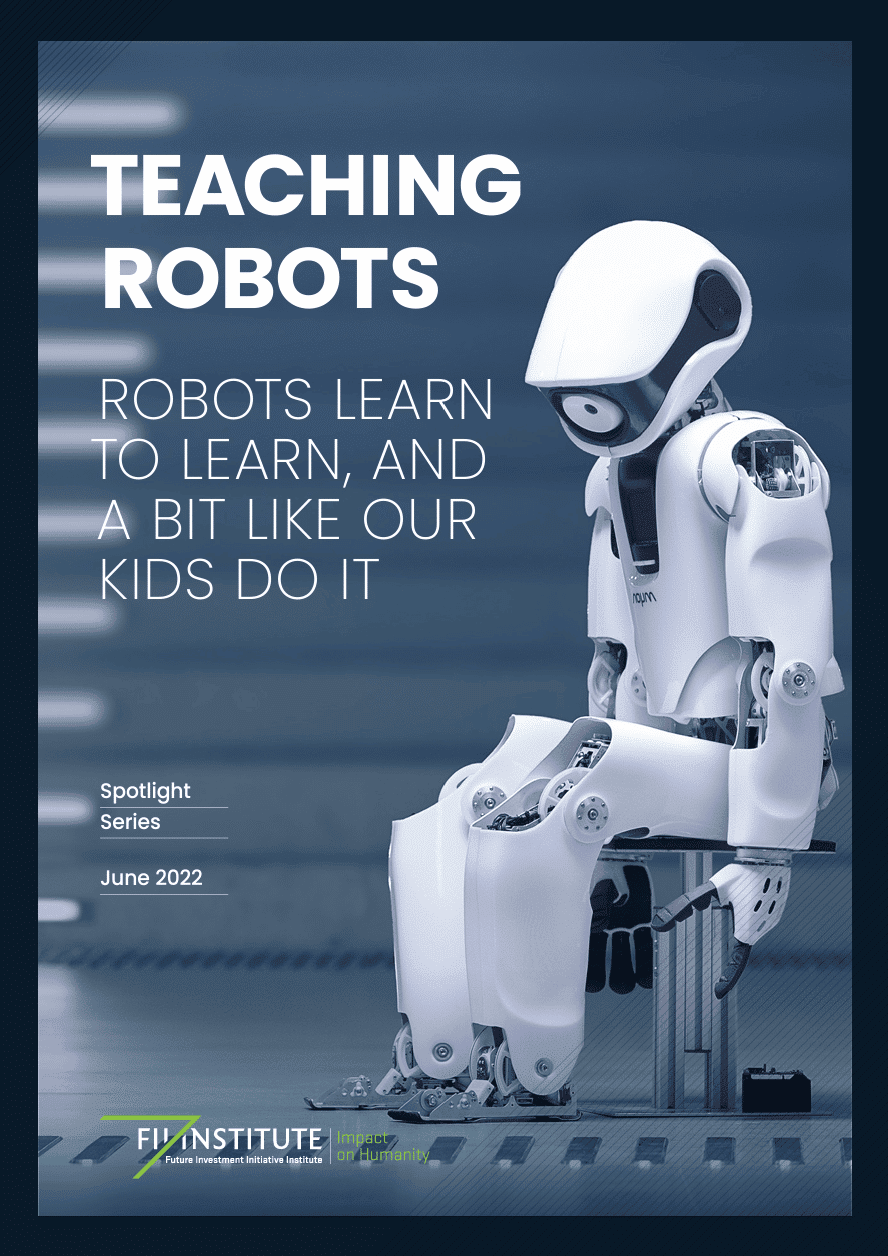
Can machines learn to walk and act in the real world in a similar way to how children do it? Starting from scratch, watching, copying, trying, failing, retrying? Learning to move is not as easy as learning to think – but the robots are getting closer.
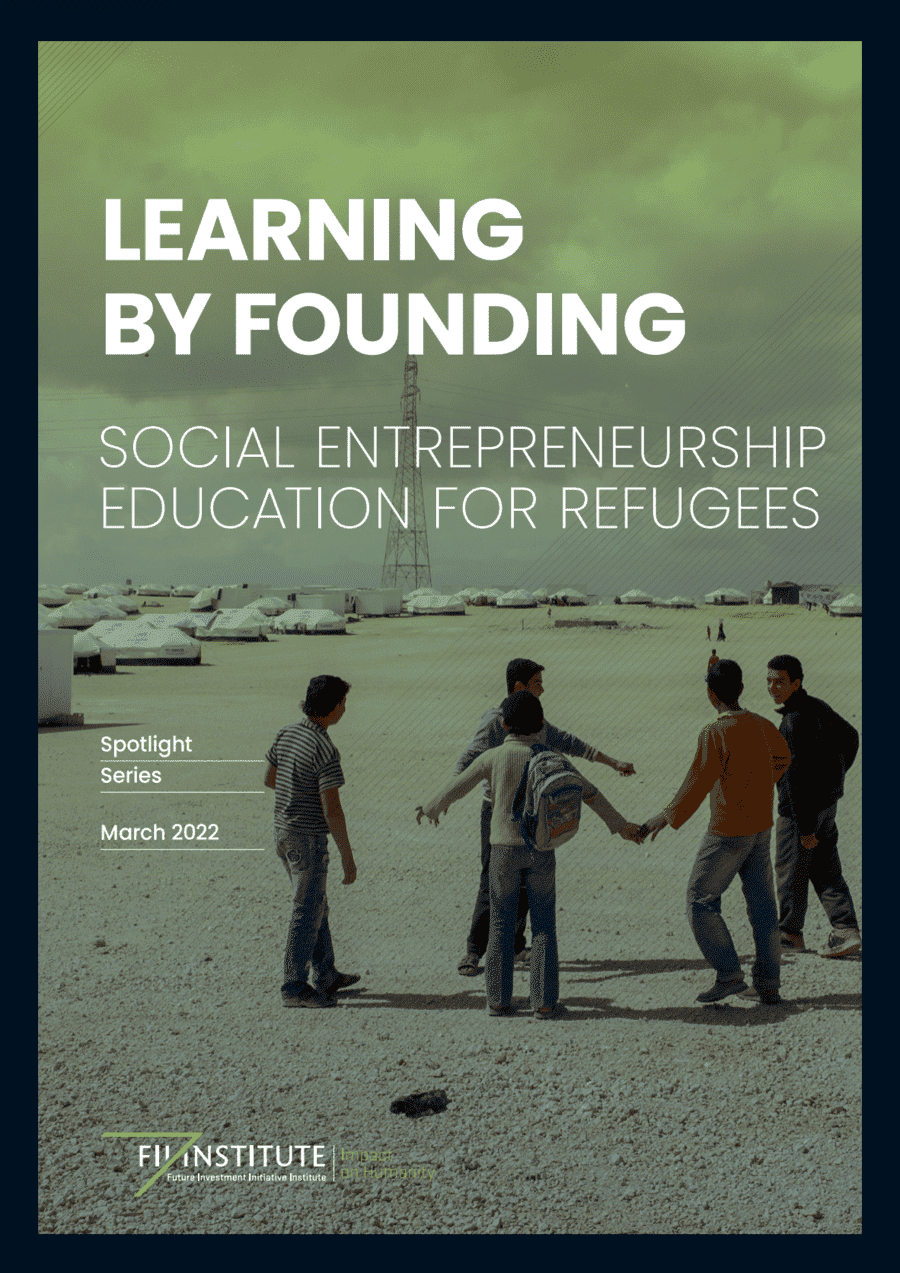
The millions of inhabitants of refugee camps are often seen as people with zero options. And especially the young generation has next to no chances to get higher education and decent work. But entrepreneurship education can change that. Not for profit in the first place – but for a chance
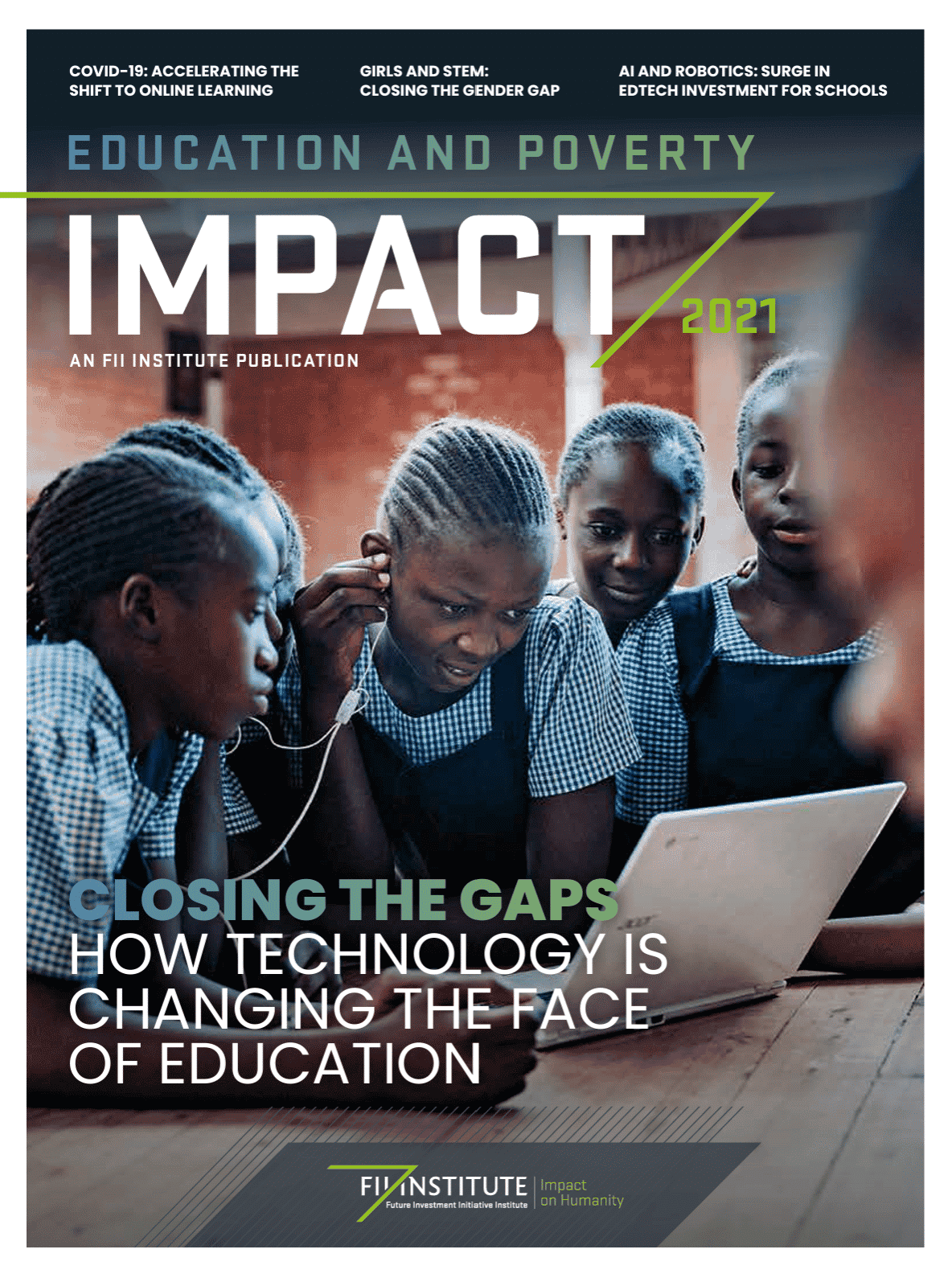
FII INSTITUTE publishes the fifth of our report series as millions of children remain without access to basic education. The digital divide is growing wider between people and regions that have access to modern information and communications technology and those that don’t. It cuts across class, race and national borders, leaving the ‘haves’ with the highest-quality education available, and the ‘have-nots’ with little or no access to quality education.